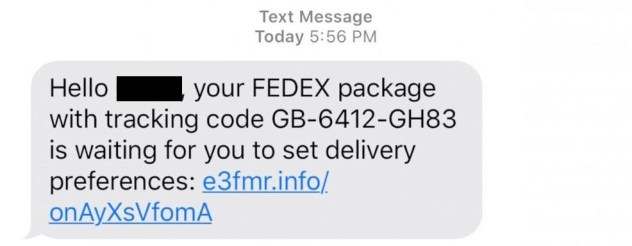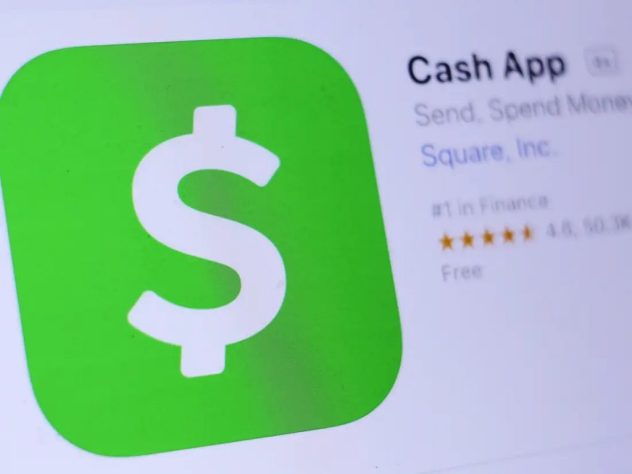Scammers are showing up at seniors’ doors

If you’re not a senior citizen yourself, you may have an elderly relative. They may live alone and a great distance from you. Would you want strangers showing up to their door and taking thousands of dollars in your relative’s money? How upsetting to you would that be if it happened to someone in your family? Unfortunately, this is happening to many families around the country in this scary new twist on the grandparent scam.
Just in case you’re unfamiliar with the grandparent scam it’s when a scammer calls a senior citizen and poses as one of their grandchildren or some other relative. The scammers will say that they’re in some kind of trouble. Usually, they’ll say that they’ve been arrested and need money for bail. Other times they’ll say that they’re in the hospital and need money for treatment. We’ve even seen some cases where they’ll say they’re overseas and they need money to get home.
As you can see, the common goal of the scam is to get money from elderly victims. Scammers used to get money from their victims in this scam by having them buy gift cards and having the victims give the gift card numbers to the scammer over the phone. Just as an aside, we’d like to remind you that gift cards are commonly used in all sorts of scams, so please keep in mind that no legitimate company or agency will ask for payment over the phone in gift cards.
Now, grandparent scammers have developed an increasingly worrying tactic. Instead of asking for gift cards over the phone, scammers are employing go-betweens who act as couriers to pick up the money personally. In at least one case in Ohio, a woman was scammed out of $15,000 when a scammer posed as her grandson in Florida claiming to need bail. The scammers had someone go to her home and physically collect the $15,000 in cash.
While we haven’t heard of any of these scammers getting physical with their victims, the potential is always there.
The best way to deal with these scams is to contact the person the scammers are claiming to be. Scammers may sound convincing due to the fact that they get a lot of their information from social media. However, even if the call is real no one is going to be sentenced to life in prison or thrown out of the hospital if you hang up on the phone call from the supposed grandchild.
If you know an elderly person or couple who live alone and do not have access to the internet, please let them know about this scam. Also, consider setting up a family password for just such emergencies so you can verify the person calling is who they say they are.











Dave Smith 8:45 pm on August 31, 2020 Permalink
They sound convincing, one called me and sounded just like my grandson from of out state.
When I ask him what his mother’s name was, what was my name, what was his father’s name he started acting like the phone connection was bad, I told him until he could answer my questions I wasnt sending him anything. He hung up the phone. They are very convincing,
If I hadn’t worked in Security I would have believed the story. DO NOT DO ANY BUSINESS ON THE PHONE!